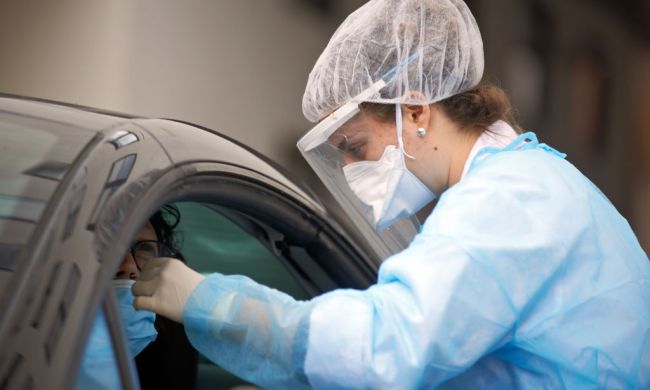Russian hackers are targeting coronavirus vaccine research centers, according to a warning from security officials in the U.S., Canada, and the U.K.
Security departments from each country released a joint advisory on Thursday about the attempted hacks. The National Security Agency (NSA) said that malicious activity is from the well-known group known as APT29, which also goes by “CozyBear” or “The Dukes.”
“Throughout 2020, APT29 has targeted various organizations involved in COVID-19 vaccine development in Canada, the United States, and the United Kingdom, highly likely with the intention of stealing information and intellectual property relating to the development and testing of COVID-19 vaccines,” the advisory says.

The group was able to infiltrate systems by conducting basic vulnerability scanning against external IP addresses owned by the various research organizations, according to the advisory. Hackers have also been successful in using spear-phishing techniques, where hackers specifically target an individual or organization by making an email more personalized. APT29 used spear-phishing to obtain authentication credentials to these organizations’ login pages.
Digital Trends reached out to the NSA to find out if any information has been compromised as a result of the hacks. We will update this story when we hear back.
As the race to create a successful coronavirus vaccine continues worldwide, hacking attempts such as this could greatly hinder researchers’ efforts and findings.
Experts have previously said that researchers should know if potential coronavirus vaccines are effective by early winter. Dr. Anthony Fauci, the director of the National Institute of Allergy and Infectious Diseases, testified before the Senate Committee on Health, Education, Labor and Pensions in May that there could be multiple successful vaccines if these early trials go well.
About 35 companies and academic institutions are currently searching for a vaccine. Even with these vaccine candidates in the works, experts are still predicting it could take more than a year for a vaccine to become widely available.



